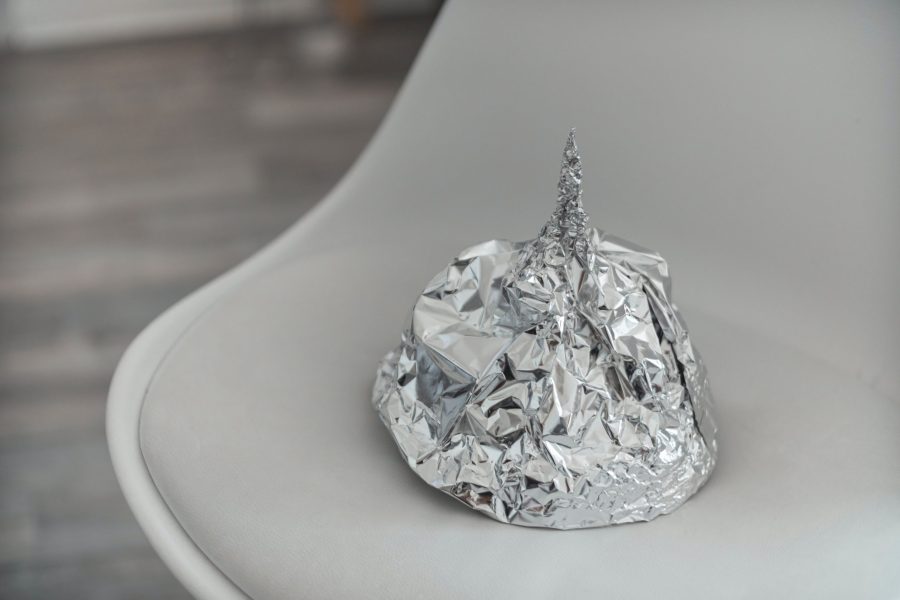The production of conspiracy theory content from media influencers adds to the exponential rise of conspiracy theory popularity. The rise of conspiracy theories undermines the work and research of professionals, especially during the COVID-19 pandemic.
The nature of the COVID-19 pandemic introduces uncertainties surrounding many aspects of the virus, such as the mortality rate, health precautions, and the virus’ origin. Furthermore, the source and spread of the conspiracy theories associated with COVID-19 come from influential platforms like The Epoch Times. These conspiracy theories create detrimental effects on the credibility of healthcare professionals, which directly affect individuals’ health and safety.
Some COVID-19 conspiracy theories directly affect the health of individuals. During a viral pandemic, this can quickly become a public safety concern. Professional conspiracy theorists like David Icke and InfoWars’ Alex Jones support the conspiracy theory that COVID-19 does not actually exist. Icke and Jones propose that COVID-19 is just a plot to take away our freedoms. This theory encourages individuals to believe that they do not need to take part in quarantining or social distancing. Moreover, influencers like Alex Jones and Dr. Joseph Mercola promote the conspiracy theory that COVID-19 is a plot by big pharmaceutical companies. Jones and Dr. Mercola used this conspiracy to sell their vitamin products, which supposedly can cure or prevent the virus. These particular conspiracy theories undermine the real dangers of COVID-19 and erode the importance of healthcare professionals’ research. Conspiracy theories like these affect the individual who believes that COVID-19 does not actually exist.
While the above COVID-19 conspiracy theories affect the people who believe in the conspiracy theories, other COVID-19 conspiracy theories target other individuals. This results in threats or violence. For example, a theory which right-wing influencers and QAnon supporters suggest — that Dr. Anthony Fauci is a secret member of the “deep state” and is trying to undermine the government — has led to death threats against Dr. Fauci. This conspiracy theory about Dr. Fauci has spread across various social media platforms and received thousands of shares and retweets. Similarly, the theory that COVID-19 escaped from a Chinese lab came from an almost-hour-long video produced by the Epoch Times. This has resulted in anti-Asian American hate crimes. This particular conspiracy theory has made its way into mainstream media like the Washington Post and the UK Times, even though only a minority of the United States population believes the theory. The amount of coverage and airtime given to the conspiracy theories regarding Dr. Fauci and COVID-19’s origin provide these claims with a false sense of credibility. The amount of coverage and airtime allows these conspiracy theories a surprising amount of influence within the media. The impact of these conspiracy theories in the media diverts audiences’ attention away from the recommendations of healthcare professionals to those of scapegoats.
The issue with influential individuals spreading or starting conspiracy theories, especially during uncertain times, is how misinformation will spread and how many individuals will believe it.
During the quarantine, individuals with social platforms have a responsibility to avoid spreading conspiracy theories that might add to the confusion about COVID-19. Many influencers and celebrities are already using their platforms to help spread and reinforce research done by healthcare professionals. The influencers’ and celebrities’ platforms allow their message to reach many individuals. To ensure the safety of others, it is the responsibility of influential individuals to be conscious of the content they are producing during the COVID-19 pandemic.
Photo by Tom Radetzki on Unsplash.













